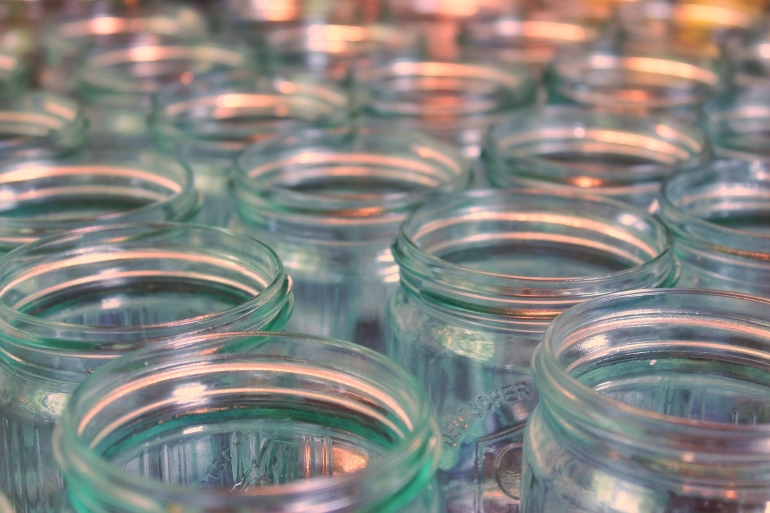
Glass manufacturing machinery and equipment
The glass industry is one of the largest manufacturing industries in the world, producing a vast array of glass products such as bottles, windows, mirrors, and more. As with any industrial process, the production of glass requires a significant amount of water, making water treatment and purification essential for the industry.
One of the most widely used methods of water treatment in the glass industry is Reverse Osmosis (RO). It is a water purification process that removes dissolved solids, impurities, and contaminants from water by using pressure to force water molecules through a semipermeable membrane.
RO is an effective method of removing impurities from water because the membrane used has pores small enough to trap particles as small as 0.0001 microns. This includes minerals, chemicals, and bacteria that are present in the water. These impurities not only affect the quality of the glass products but also contribute to equipment corrosion and scaling, causing downtime and maintenance costs for glass manufacturers.
One of the major benefits of using RO in the glass industry is the ability to produce high-quality water. As glass requires precise chemical compositions to achieve the desired physical properties, the use of RO ensures that the water used for production is free from minerals and contaminants that could affect the composition of the glass. This results in consistent and superior products for glass manufacturers.
Moreover, as the glass industry consumes a large amount of water, using RO also helps conserve water. The RO process reduces the amount of wastewater produced, as well as the need for frequent tank refills and backwashing. It also reduces the energy consumption required for heating and treating large volumes of water.
Another key advantage of using RO in the glass industry is its versatility. The RO system can be customized to treat different types of water sources, such as surface water, groundwater, or brackish water, depending on the location of the glass manufacturing plant. This flexibility makes it suitable for use in various regions worldwide, where water quality and availability may differ.
In addition to using RO for water treatment, the glass industry also utilizes other water treatment processes such as ion exchange and carbon filtration. These methods are usually used in conjunction with RO to remove specific contaminants like nitrates, sulfates, and organic compounds that may not be effectively removed by RO alone.
In conclusion, RO is a vital component of the water treatment process in the glass industry. Its ability to produce high-quality water, conserve water, and maintain production efficiency makes it an essential factor in the production of superior glass products. With the increasing demand for high-quality glass products, the use of advanced water treatment technologies like RO will continue to play a significant role in the growth and sustainability of the glass industry.